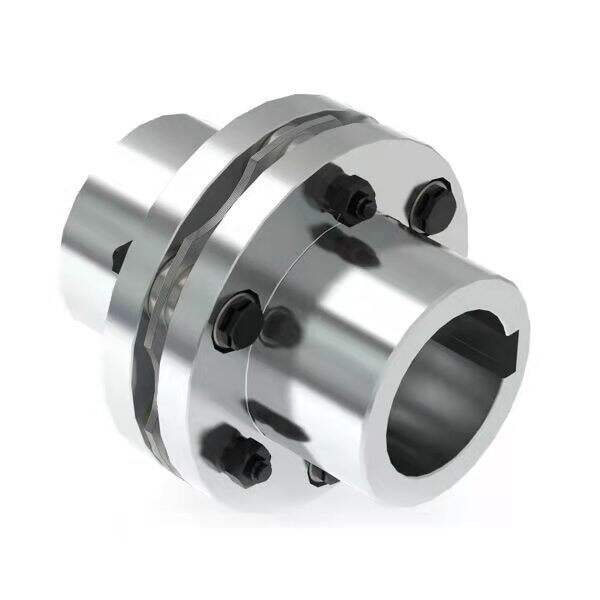nylon gear coupling
Nylon gear couplings represent a significant advancement in power transmission technology, combining durability with efficient performance. These specialized components serve as crucial mechanical interfaces, enabling the smooth transfer of rotational power between shafts while accommodating misalignment and reducing vibration. The coupling consists of two hubs with external gear teeth that mesh with the internal teeth of a nylon sleeve, creating a flexible yet secure connection. The innovative use of nylon material provides exceptional wear resistance and self-lubricating properties, eliminating the need for regular maintenance and reducing operational costs. These couplings excel in various industrial applications, from small machinery to large manufacturing equipment, offering reliable performance across different speed and torque requirements. The design incorporates precision-engineered teeth that ensure optimal load distribution and minimal backlash, contributing to extended service life and improved system efficiency. Their ability to operate in diverse environments, including those with exposure to chemicals or moisture, makes them particularly valuable in challenging industrial settings. The lightweight construction of nylon gear couplings also contributes to reduced inertia, making them ideal for applications requiring quick start-ups and stops.


